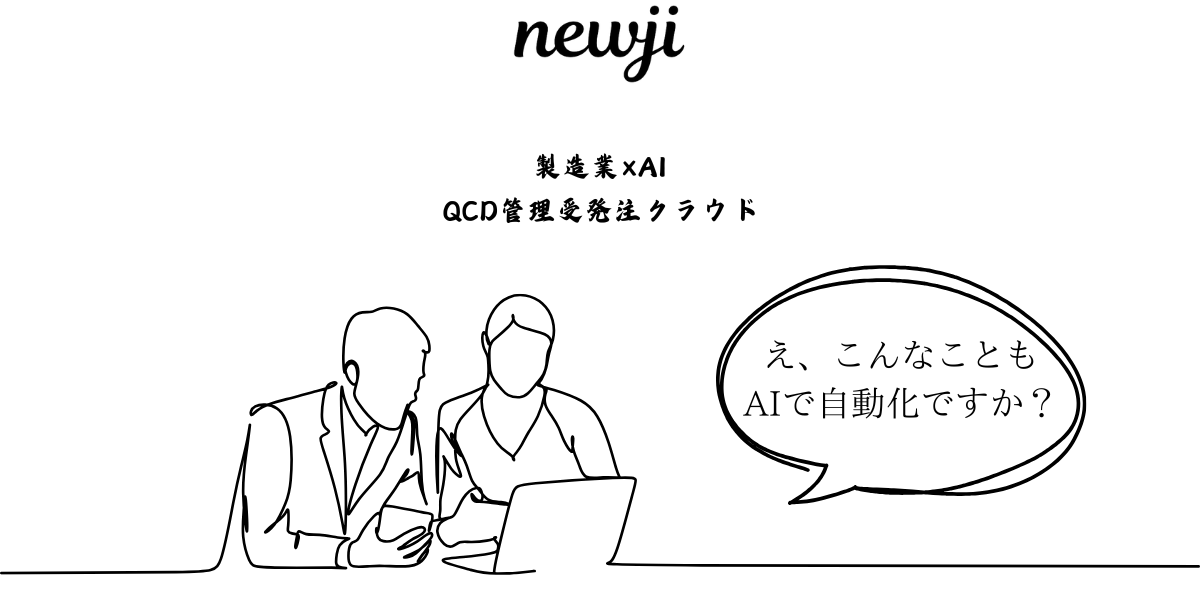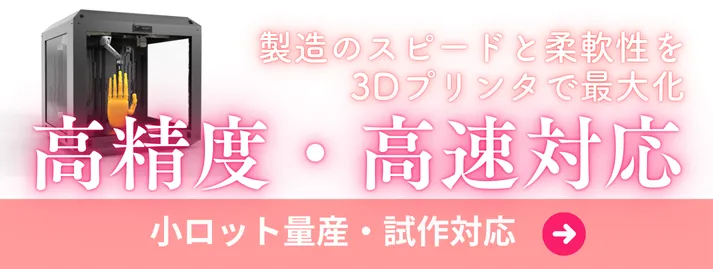- お役立ち記事
- Cloud compatible technology for monitoring equipment and its application in the security industry
月間76,176名の
製造業ご担当者様が閲覧しています*
*2025年3月31日現在のGoogle Analyticsのデータより

Cloud compatible technology for monitoring equipment and its application in the security industry

目次
Introduction to Cloud-Compatible Technology in Security
Cloud-compatible technology has made significant strides in recent years, offering innovative solutions across various industries.
One sector that has seen noticeable benefits is the security industry.
With advancements in cloud computing, monitoring equipment has become more efficient, scalable, and accessible.
The Basics of Cloud-Compatible Technology
Cloud-compatible technology refers to tools and systems that utilize cloud computing to store, manage, and process data over the internet instead of on local servers or personal computers.
This technology allows for real-time data processing, remote access, and scalability, which are essential in today’s fast-paced world.
Advantages of Cloud Computing
The cloud offers several advantages, including cost savings, flexibility, and improved data security.
Connecting monitoring equipment to the cloud allows businesses to cut down on physical infrastructure, such as storage devices and server maintenance, leading to reduced overhead costs.
Moreover, cloud solutions are scalable, meaning businesses can easily expand their storage capacity as needs grow.
Cloud-Compatible Monitoring Equipment
Incorporating cloud technology into monitoring equipment has transformed how security is managed.
Devices such as security cameras, alarms, and sensors now leverage the cloud to offer enhanced features and capabilities.
Real-Time Data Access
One of the key benefits of cloud-compatible security equipment is real-time data access.
Security personnel can monitor live feeds and receive instant alerts from anywhere with an internet connection.
This capability enhances response times and allows for proactive identification of potential security threats.
Remote Monitoring and Control
Cloud-compatible technology enables remote monitoring and control of security systems.
Users can easily check camera feeds, adjust settings, and respond to alerts through dedicated applications on their smartphones or computers.
This remote access ensures that security management is not limited by geographical constraints.
Data Storage and Retrieval
With cloud-enabled equipment, data storage and retrieval become seamless processes.
Video footage and sensor data can be stored in the cloud, eliminating concerns of running out of local storage space.
Additionally, cloud storage ensures that data is secure and easily retrievable for later review and analysis.
Applications in the Security Industry
The integration of cloud-compatible technology in the security industry has led to several innovative applications, making environments safer and more secure.
Smart Surveillance Systems
Modern surveillance systems use cloud technology to enhance their functionality.
Smart cameras equipped with cloud capabilities can perform advanced analytics such as facial recognition and motion detection.
These systems can alert security teams to potential threats and allow them to act swiftly.
Integrated Security Solutions
Cloud-compatible technology allows for the integration of various security systems into a unified platform.
Businesses can combine video surveillance, access control, and alarm systems into one comprehensive solution.
This integration streamlines security management and improves overall efficiency.
Enhanced Data Analytics
The cloud’s processing power facilitates advanced data analytics, turning raw data into actionable insights.
Security teams can analyze patterns and trends to predict and mitigate future risks.
These analytics can lead to improved strategic planning and resource allocation.
Challenges and Considerations
While cloud-compatible technology offers numerous benefits, there are challenges to consider in its implementation within the security sector.
Data Privacy Concerns
The shift to cloud-based systems raises questions about data privacy and protection.
It is crucial for businesses to choose reputable cloud service providers that comply with data protection regulations.
Ensuring encrypted data transfers and secure access protocols is essential in safeguarding sensitive information.
Dependence on Internet Connectivity
Cloud technology relies heavily on internet connectivity.
In environments with unstable internet connections, cloud-based security systems may experience disruptions.
Adequate backup systems and alternative connectivity solutions should be in place to address this potential issue.
Initial Setup and Integration
Adopting cloud-compatible technology requires initial investment in terms of setup and integration.
Businesses must consider the costs and effort involved in transitioning existing systems to cloud-based solutions.
Proper planning and phased implementation can help mitigate these challenges.
Future Prospects of Cloud-Compatible Security
The future of the security industry is likely to be heavily influenced by continued advancements in cloud technology.
Emerging trends such as artificial intelligence, machine learning, and edge computing will further enhance the capabilities of cloud-compatible security systems.
These developments promise to deliver even more sophisticated solutions, ensuring robust security measures for various environments.
Adoption of AI and Machine Learning
Artificial intelligence and machine learning will play a significant role in improving security systems.
They will enable more precise threat detection and automate routine tasks, allowing security personnel to focus on critical incidents.
Integration with Smart Cities
Cloud-compatible technology will be integral to smart city projects, offering seamless integration between urban infrastructure and security systems.
This integration will enhance public safety and streamline city management processes.
Conclusion
Cloud-compatible technology is revolutionizing the security industry by providing scalable, efficient, and cost-effective monitoring solutions.
While challenges such as data privacy and internet dependence exist, the benefits far outweigh the drawbacks.
As technology continues to evolve, cloud-compatible security solutions will become more sophisticated, ensuring safer environments for all.
 資料ダウンロード
資料ダウンロード
QCD管理受発注クラウド「newji」は、受発注部門で必要なQCD管理全てを備えた、現場特化型兼クラウド型の今世紀最高の受発注管理システムとなります。
 ユーザー登録
ユーザー登録
受発注業務の効率化だけでなく、システムを導入することで、コスト削減や製品・資材のステータス可視化のほか、属人化していた受発注情報の共有化による内部不正防止や統制にも役立ちます。
 NEWJI DX
NEWJI DX
製造業に特化したデジタルトランスフォーメーション(DX)の実現を目指す請負開発型のコンサルティングサービスです。AI、iPaaS、および先端の技術を駆使して、製造プロセスの効率化、業務効率化、チームワーク強化、コスト削減、品質向上を実現します。このサービスは、製造業の課題を深く理解し、それに対する最適なデジタルソリューションを提供することで、企業が持続的な成長とイノベーションを達成できるようサポートします。
 製造業ニュース解説
製造業ニュース解説
製造業、主に購買・調達部門にお勤めの方々に向けた情報を配信しております。
新任の方やベテランの方、管理職を対象とした幅広いコンテンツをご用意しております。
 お問い合わせ
お問い合わせ
コストダウンが利益に直結する術だと理解していても、なかなか前に進めることができない状況。そんな時は、newjiのコストダウン自動化機能で大きく利益貢献しよう!
(β版非公開)









